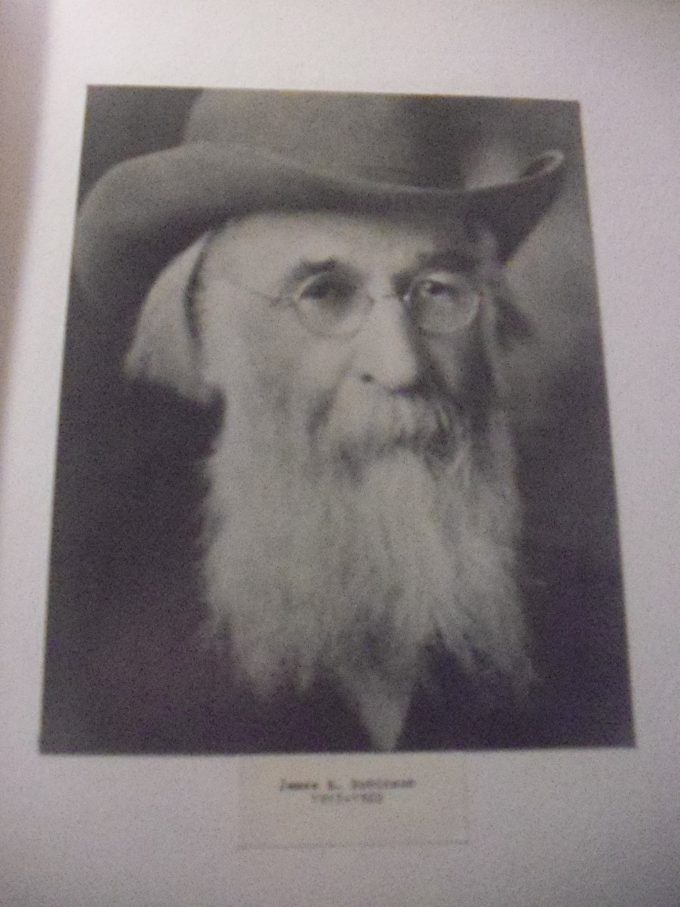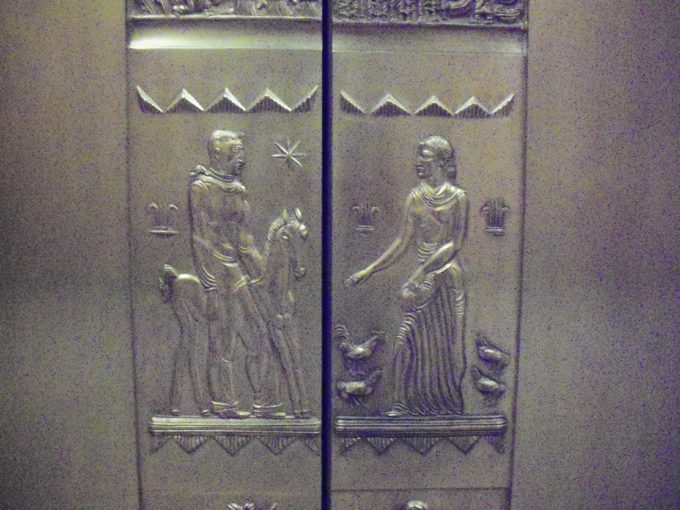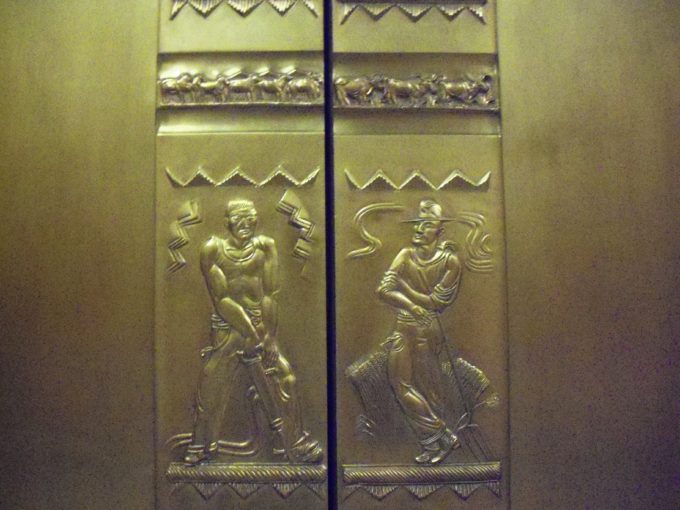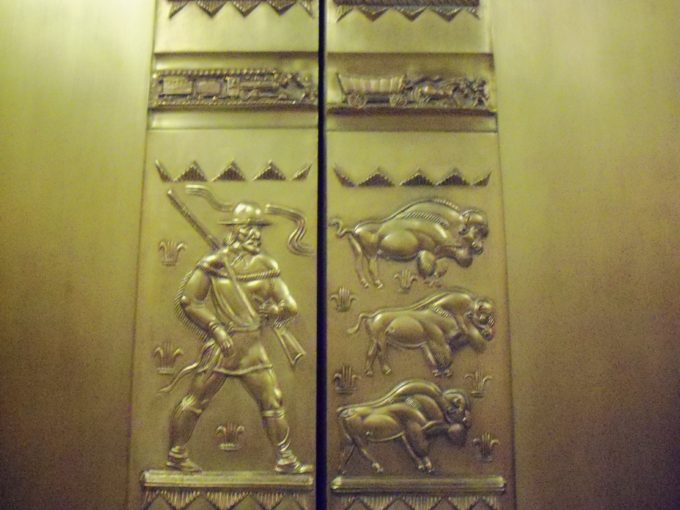
Monday, 2 September 2019
You have lived on the earth in pleasure and luxury; you have fattened your hearts as in a day of slaughter. James 5:5
The thought continues from the previous verses. James has been addressing the rich, condemning them for their abusive lifestyles. After mentioning how the rich man harms others, he now turns to how they treat themselves, beginning with, “You have lived on the earth in pleasure.” Here is a word found only this once in Scripture. It signifies living in a self-indulgent manner. As HELPS Word Studies describes it –
“‘Dainty living’ in NT times included going to the public baths (‘wash houses’), typically decked out with ornate furnishings (e.g. decorated baths made of marble, etc.) They eventually became huge recreation centers with an adjoining gymnasium and library.”
So, these rich were withholding the wages of their laborers (see previous verse), and they instead head to the public bathhouses to relax. It is a truly criminal act against those in their employ – stealing their labors so that they can find “pleasure and luxury.”
The word translated as “luxury” is also a rare word, being seen only here and in 1 Timothy 5:6. It gives the idea of indulging in unneeded surplus. James Strong describes it as being voluptuous. In this uncaring, self-indulgent, and wanton lifestyle, James says to the rich that “you have fattened your hearts as in a day of slaughter.”
The idea here of fattening one’s heart is that of fattening oneself. The heart stands for the person – his reason, intellect, and mind. Here is this person, set on self-indulgence, who has become either –
1) fat from the life he lives and who is ripe for being slaughtered like an animal, or
2) fat from acting as one would in the day of slaughter. When an animal is slaughtered there is great feasting for those who participate in the meal.
If the latter, which is not unlikely, it means that the laborer – whose wages were withheld – was treated as a sacrificial animal. He was slaughtered by the withholding of his wages, and the rich then lives off his life-blood, pictured by the wages which were needed to sustain him. Either way, the imagery is one of over-indulgence, greed, and an uncaring attitude for anything beyond immediate self-absorption.
Life application: James reached back to the Song of Moses for the thought he presents in this verse –
“But Jeshurun grew fat and kicked;
You grew fat, you grew thick,
You are obese!
Then he forsook God who made him,
And scornfully esteemed the Rock of his salvation.” Deuteronomy 32:15
James is writing to the first-century Jewish community and reminding them of the fulfillment of what was prophesied by Moses. Don’t miss the significance of the greater picture though. Just as the Jewish people had become well-fed and fat, and just as they had kicked, so have the nations that once followed the Lord. As prosperity comes, so along with it come ease and a dulling of the senses concerning the things of God.
So it is in the world today. As prosperity, luxury, and self-indulgence have become a way of life, in equal measure have come immorality, turning from the truth of the Bible, and a more liberal approach to life, politics, friendships, etc. Hard work is no longer rewarded, but instead is taxed to feed the lazy. National feelings of devotion are replaced with a desire to burn the flag and complain about even the thought of defending against aggression. Murderers are given light sentences and abortionists are given honors and accolades.
Likewise, preachers water down the truth of Scripture and breathe out easy messages of prosperity and comfort. Surely we have fattened ourselves in the day of slaughter. We must repent and turn back to God or we will be consumed in our unrighteousness. Take time today to pray for repentance and revival in your land.
Heavenly Father, what Your word proclaims is true – that which has been will be again. Just as Israel grew fat and kicked, so have the nations which once proclaimed Your message. Likewise, denominations that once held to the truth of the Bible now dismiss it as myth. Turn our hearts back to You before Your great and awesome Day of Judgment arrives. Help us to be faithful in a world of wickedness and turmoil Amen.




